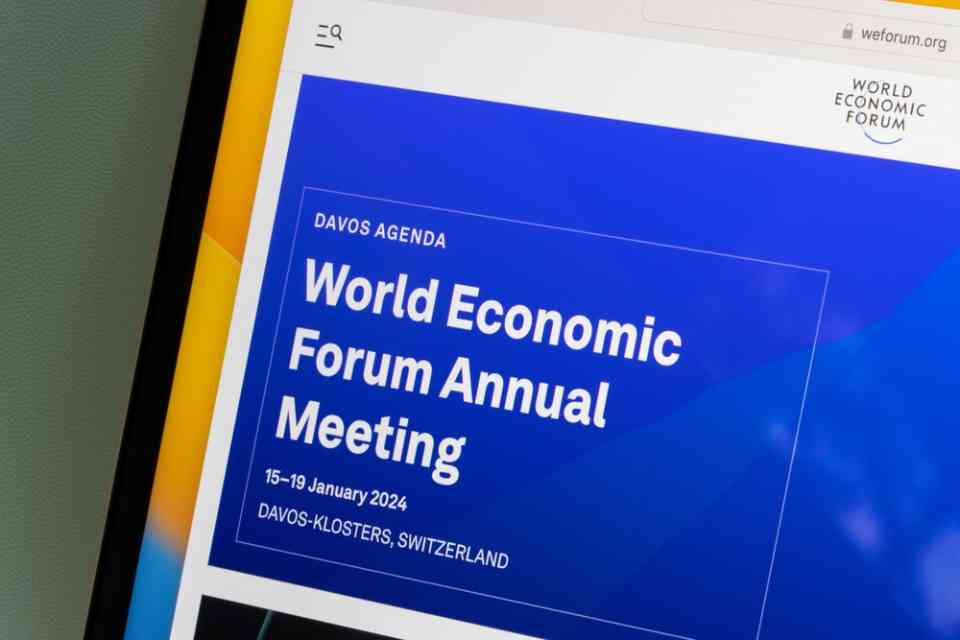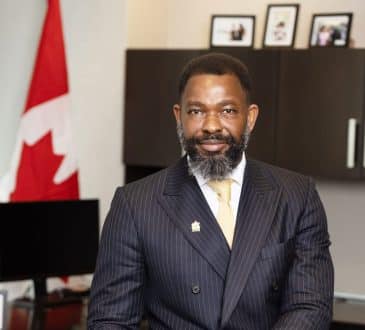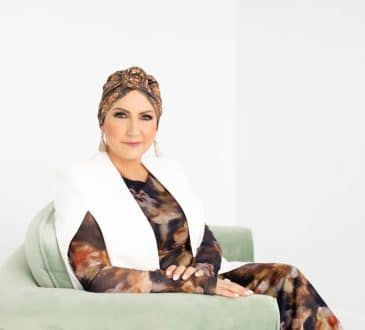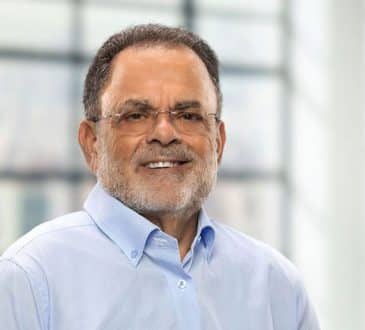Davos: A Global Stage for Dialogue and Collaboration

Davos, Switzerland, the highest town in Europe, has become synonymous with the World Economic Forum’s (WEF) Annual Meeting, a gathering that brings together leaders from government, business, and civil society. Since its inception over 50 years ago, the meeting has aimed to foster global cooperation and address critical issues facing the world.
The WEF’s Annual Meeting is not just about its official agenda but also the informal discussions that take place, providing a crucial platform for dialogue amidst rising global instability. The forum’s mission, encapsulated in the “Davos Manifesto,” emphasizes stakeholder capitalism, a system promoting shared goals among businesses.
The meeting’s agenda evolves annually to address pressing global challenges. Topics such as climate change, inclusion, diversity, and economic development have been consistent themes. Recent years have also focused on pandemic preparedness, global economic stability, and energy transitions. In preparation for these discussions, the Forum releases its Global Risks Report each January, offering insights into short- and long-term global risks.
Currently, the Annual Meeting features over 300 sessions, with two-thirds livestreamed to a worldwide audience. Throughout the year, the Forum continues its work via various initiatives through its specialized centres.
Historical Milestones at Davos
Davos has been a site of significant breakthroughs. In 1988, Greece and Türkiye reached an agreement that prevented armed conflict. During the 1990s, the event hosted a symbolic handshake that played a role in ending apartheid in South Africa and served as a platform for launching the UN Global Compact, which encourages businesses to uphold human rights principles. More recently, in 2023, the United States used the event to announce a new development fund, while global CEOs committed to supporting a free trade agreement in Africa.
While Davos facilitates these discussions, the Forum itself does not dictate public policy or influence the decisions of policymakers.
Adapting to Global Challenges
Traditionally held in Davos, the Annual Meeting shifted locations in 2002 to New York as a gesture of solidarity following the 9/11 attacks. During the COVID-19 pandemic, the Forum transitioned to a digital format, known as the “Davos Agenda,” in 2021 and early 2022. The in-person event resumed in May 2022, with Russia’s invasion of Ukraine dominating discussions. By January 2023, the meeting returned to its usual winter schedule, marking a significant step toward post-pandemic recovery.
A Diverse and Inclusive Gathering
Davos is an invitation-only event that brings together a diverse array of participants, including heads of state, business leaders, academics, activists, artists, and representatives from Indigenous communities. This diversity extends to its public engagement, with sessions streamed online and interactive opportunities through social media and other virtual platforms.
In recent years, the Forum has sought to counter its reputation as a gathering for elites, focusing more on social inclusion and environmental issues. In 2024, attendees hailed from 125 countries, representing communities such as:
- CEOs and chairs of the Forum’s 1,000 Partner companies.
- Public figures, including G7 and G20 leaders.
- Representatives from civil society, labor, and media organizations.
- Members of the Global Innovators, Technology Pioneers, Young Global Leaders, and the Schwab Foundation for Social Entrepreneurship.
Commitment to Gender Equality
Aligned with its Global Gender Gap Report, the Forum has made strides toward gender equality. Women now comprise a quarter of attendees, surpassing representation among global leaders. In 2018, Davos featured an all-female lineup of co-chairs for the first time, marking a significant milestone in its history.
Davos continues to serve as a unique venue for global leaders to collaborate and address the world’s most pressing challenges, fostering innovation and dialogue that extend beyond the annual event.
Have you read?
World’s Best Countries To Invest In Or Do Business.
World’s Most Startup-Friendly Countries.
World’s Best Countries For Quality of Life.
Largest Economies Europe In 2024.
GDP of the BRICS countries (2000 to 2028).
Bring the best of the CEOWORLD magazine's global journalism to audiences in the United States and around the world. - Add CEOWORLD magazine to your Google News feed.
Follow CEOWORLD magazine headlines on: Google News, LinkedIn, Twitter, and Facebook.
Copyright 2025 The CEOWORLD magazine. All rights reserved. This material (and any extract from it) must not be copied, redistributed or placed on any website, without CEOWORLD magazine' prior written consent. For media queries, please contact: info@ceoworld.biz








